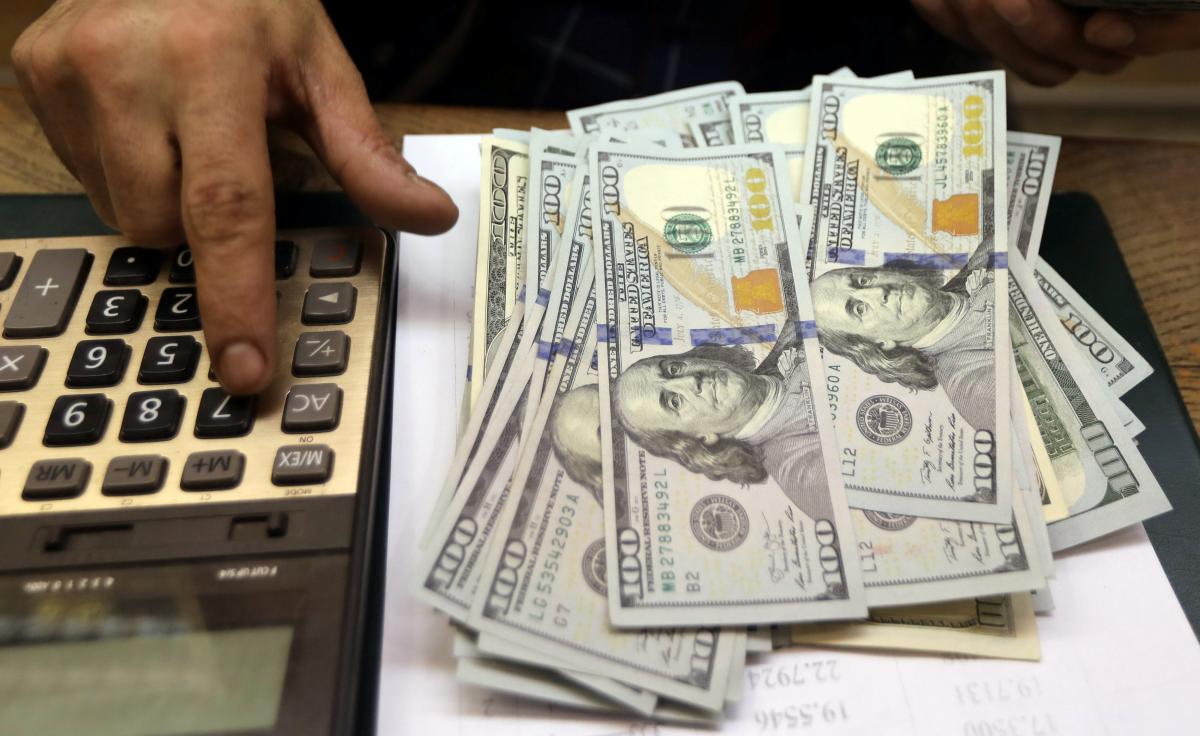
Week's balance: Ukraine implements 'economic visa-free regime' with Israel, Cabinet reduces electric tariffs, promises average wage at $540
For the first time in two decades, the head of the Israeli government visited Kyiv to discuss, among other things, the introduction of the free trade zone between the two countries, the resigning Prime Minister Groysman promised fellow citizens an average wage of $540 as early as next year, the Cabinet of Ministers decided to reduce electricity tariffs for businesses, while Naftogaz offered the population to buy gas for the winter at summer prices – these are the main economic developments of the outgoing week.
In the penultimate week of August, the country's economic life was mostly about a leisurely preparation for the upcoming changes. Representatives of the new government were working out solutions for the future work of parliament and government. Bidding farewells to their offices, Ukraine officials reported on the results of their work.
On Monday, Ukrainian President Volodymyr Zelensky met with Israeli Prime Minister Benjamin Netanyahu, and on Tuesday, the distinguished guest was accepted by Ukraine's Prime Minister Volodymyr Groysman. This is the first visit of the head of the Israeli government to Ukraine in 20 years.
Following the meeting, Zelensky announced that he had reached a deal to begin work to expand the agreement on a free trade zone between Ukraine and Israel in the service sector and high technology.
According to optimistic forecasts, the ratification by both parliaments of the FTA agreement signed in early 2019 between the Cabinet of Ministers of Ukraine and the Israeli Government will significantly increase the trade turnover between the two countries, which already exceeds $1 billion.
"I have no doubt that this amount will increase significantly due to the signing of an agreement on free trade in goods between Ukraine and Israel, which I hope will be ratified by the Israeli side in the near future," Zelensky said.
The Prime Minister of Israel, in turn, promised that it would be ratified after the early elections to the Knesset, scheduled for Sep 17.
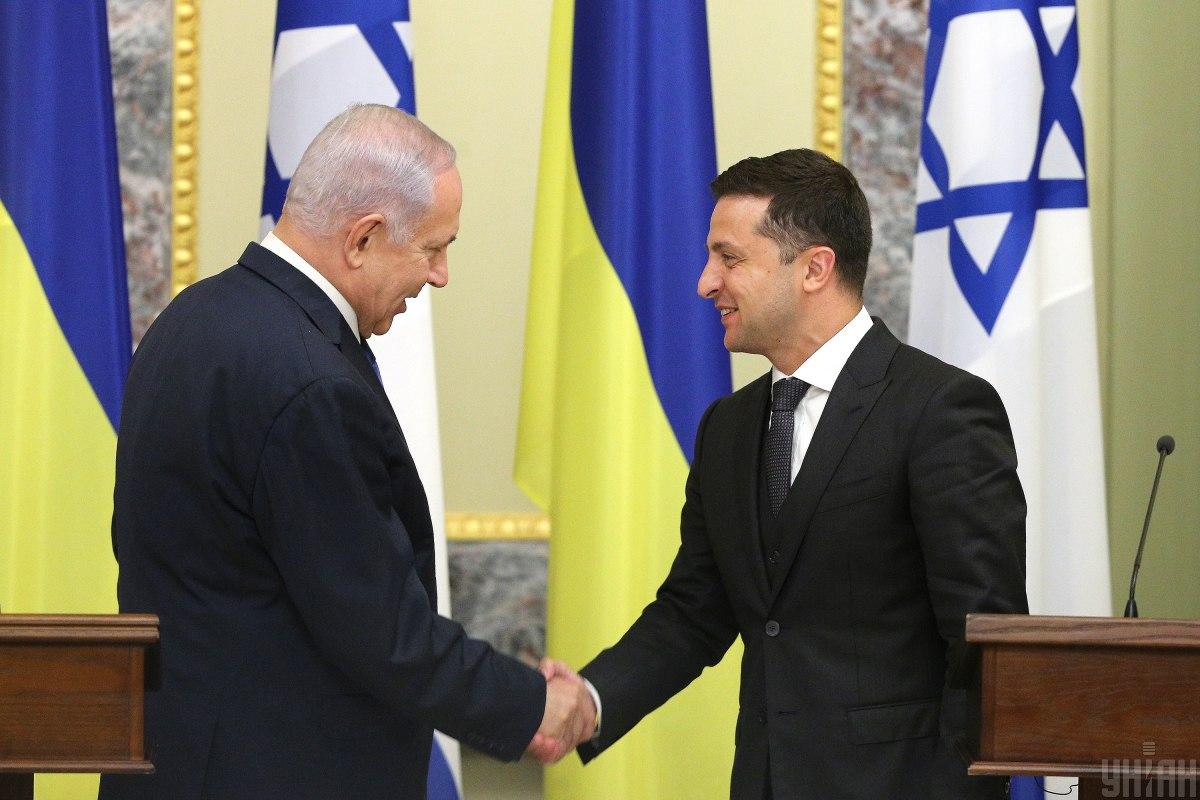
On Tuesday, when Netanyahu and Groysman met with business CEOs, the Ukrainian PM urged businesses not to wait for the ratification of the agreement, but to already enhance mutual trade between the two states.
"We've removed visa barriers for our citizens. And now we are introducing 'economic visa-free regime', and talking about expanding the free trade zone for services, joint investment mechanisms, and so on. That is why I am already urging our businessmen to boost their turnover," Groysman said.
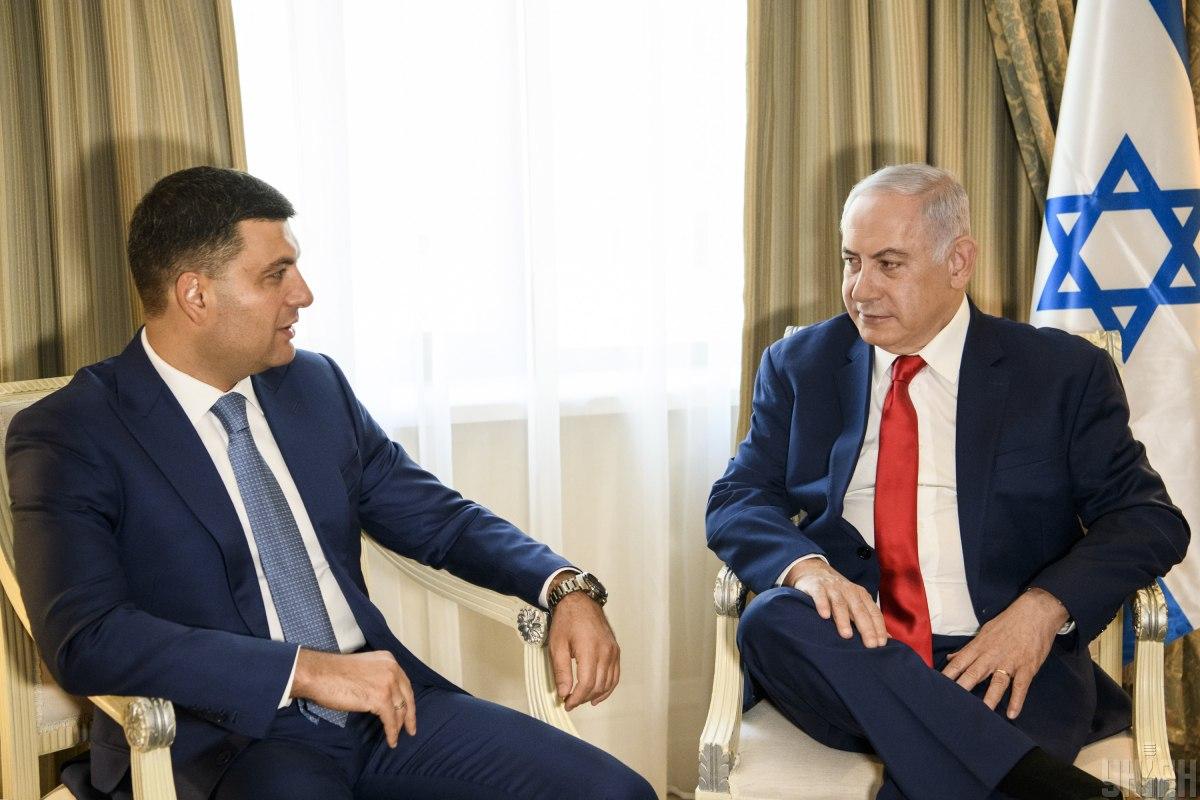
He called a priority Ukraine's cooperation with Israel, the country's key trading partner in the Middle East, in the agricultural sector, machine-building, and innovation.
Groysman’s final say
On Wednesday, PM Volodymyr Groysman chaired his last meeting of the Cabinet of Ministers. He summed up his three-year work, also predicting economy and wage growth in the future.
"We believe that next year, if the current [hryvnia] rate is maintained, the average wage could be about $540," Groysman said, adding that in 2021, it could rise to $620.
For comparison, now it is $402.
According to the prime minister, under his leadership, the country achieved a fair growth rate and improved key indicators. Due to this, the minimum wage next year may increase by one third, to UAH 5,500 (today, it is a little over UAH 4,000).
The optimistic forecasts by the outgoing prime minister also promise Ukraine a decrease in inflation this year from 9% to 8% and a stable dollar exchange rate.
Non-residents becoming less active
Meanwhile, for almost two months, Ukrainians have been rejoicing over a rather strong Ukrainian currency at the level of UAH 25 per dollar. At the same time, one of the key positive factors for the forex is now weakening – non-residents have substantially reduced their purchase of Ukraine's domestic government loan bonds and the corresponding infusion of currency into the country.
In this regard, the NBU reduced the purchase of foreign currency in the interbank foreign exchange market by 61.5%, down to $60 million.
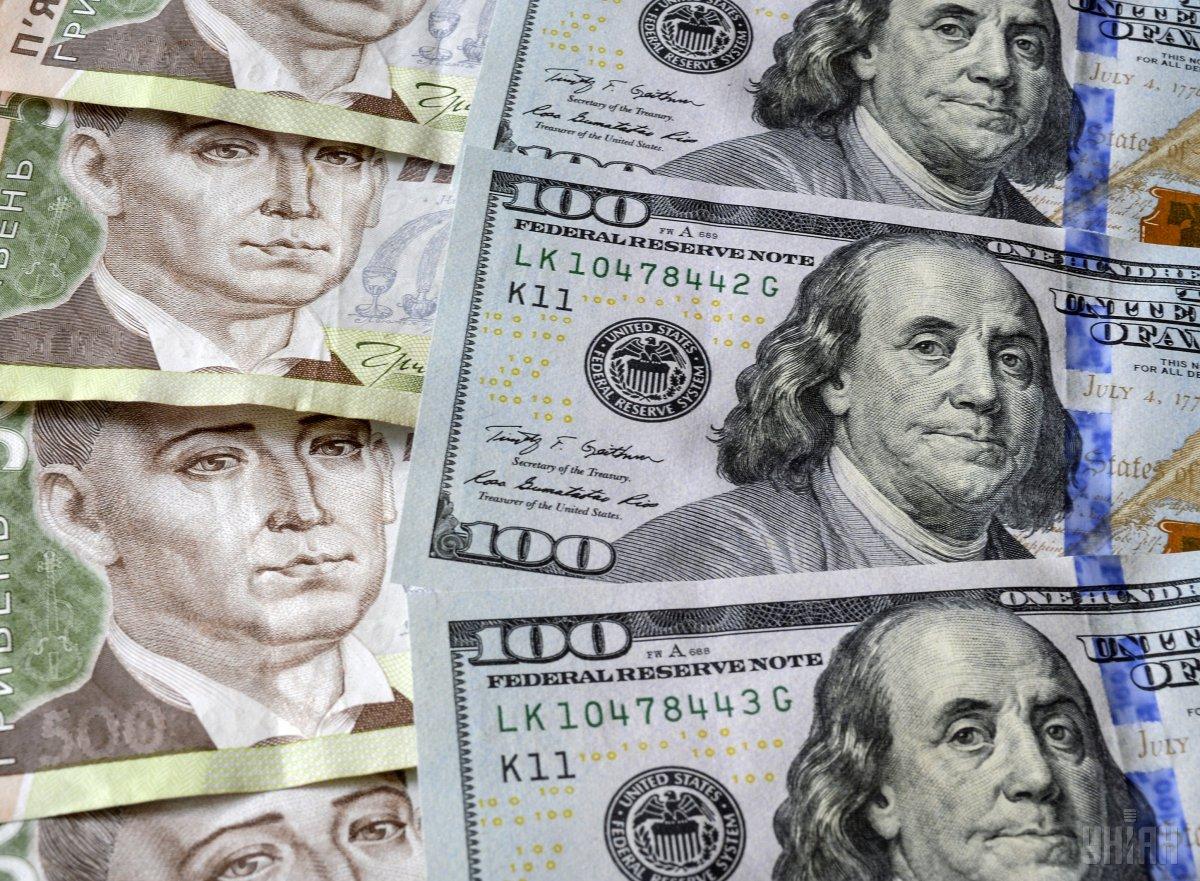
Deputy NBU Governor Oleh Churii explained that the factor of "non-residents" is not the only one creating favorable conditions in the foreign exchange market, so everything will be fine with the hryvnia in the foreseeable future.
"Over the past few weeks, foreign currency inflows from non-residents have been very small; some even withdrew from domestic bonds. But this had no significant effect on the rate. Now Ukraine has acceptable trade conditions: favorable prices on the world market and high yields," he said in a comment to UNIAN.
Churii also announced the start of negotiations at a technical level with the country's key creditor, the International Monetary Fund, on continuing cooperation. The NBU predicts that this and next year, Ukraine is expected to receive $2 billion under the new cooperation program, and the very fact of the signing of such program will strengthen the country's image in the eyes of investors.
Electric tariffs go down
Last week, the team of President Zelensky came up with initiatives to reduce electricity prices for non-residential consumers.
According to the president's representative in the Cabinet of Ministers, Andriy Gerus, the following initiatives were approved at a meeting with the head of state: to extend special obligations for the state-owned company Ukrhydroenergo and to reduce the tariff of Ukrenergo, operator of the United Energy Grid.
Also, ceiling tariffs on the electricity market should be changed – the "night" price is increased by about 10% and the "day" price is down 15-20%.
The Cabinet of Ministers at a meeting on Wednesday supported the proposals of the President’s team and extended the requirement to the largest state energy company Ukrhydroenergo to sell under special obligations 35% of generated electricity instead of the previous 20%.
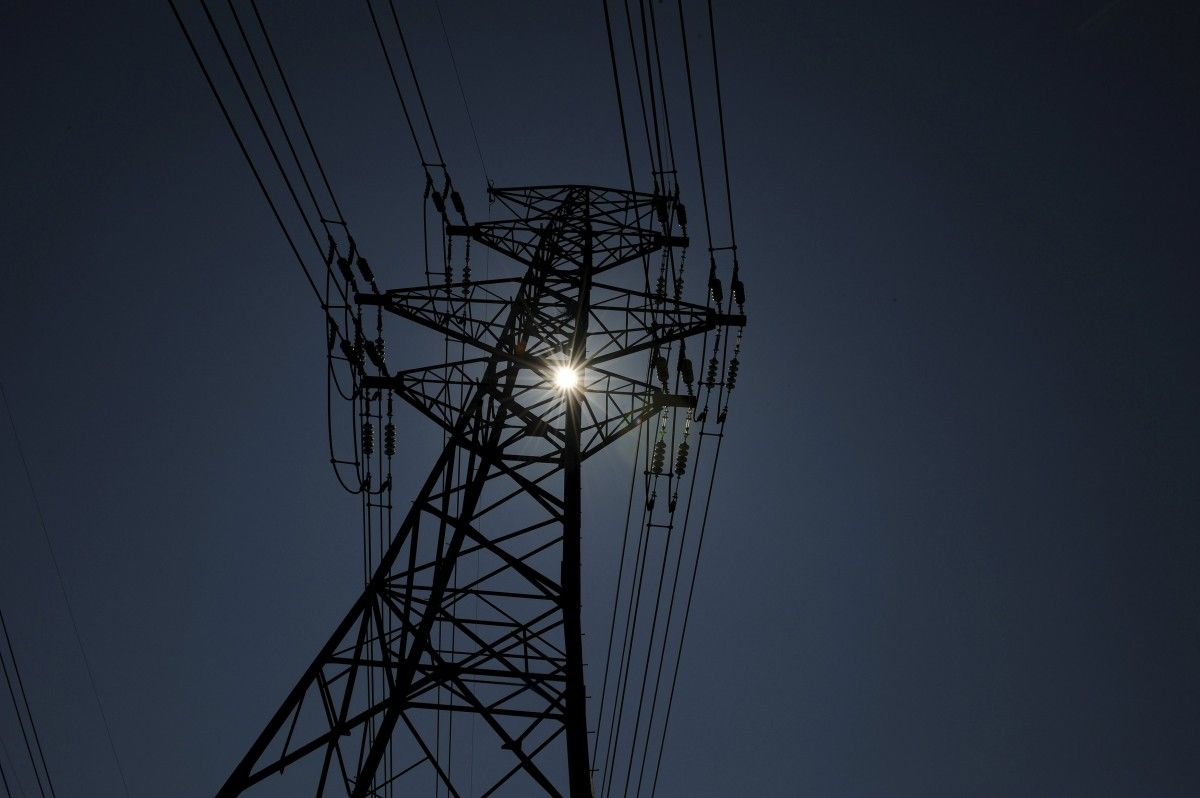
Gerus noted that this would allow the regulator to reduce electricity transmission tariffs to the state-owned company Ukrenergo from 32 to 11 kopiykas per kWh. Starting September, we can expect a decrease in the cost of electricity for non-residential consumers.
"There will be a reduction in tariffs for all non-residential consumers by 21 kopiykas per kWh, that is, 10-11%. 'Non-residential consumers' means schools, kindergartens, hospitals, military units, water utilities, cafes, barbershops, small, medium, and large factories. It's 21 kopiykas down for all. In general, such a decision returns to the economy about UAH 18 billion annually," Gerus emphasized.
The president's envoy noted that the changes adopted are not an ideal solution, but in fact they are the only option that could be effectively implemented in a short period of time. This will give the new government additional time to develop and implement more effective mechanisms to help the new electricity market by the end of the year.
Also, an important news of the past week was the launch by the Ukrainian gas monopoly Naftogaz of the "Gas Reserve" program.
The state energy holding offered households to purchase gas at a low summer price until Sep 25 to use it later, during the heating season.
Since the gas price fell by a quarter in August compared with April, the company believes that consumers, through an advance purchase, will be able to protect themselves from rising prices with the advent of cold weather.
Experts noted that it is not worth rushing to queue up the offer and called the move by Naftogaz a temporary step to ease the tariff issue, rather than a systemic solution.
Next week, the last one of this summer, the country will see the first working day of the new Verkhovna Rada, the Ukrainian parliament renewed by three quarters in the recent snap elections. Names could also be announced of the new ministers in the "government of reform".
Anna Bredikhina

